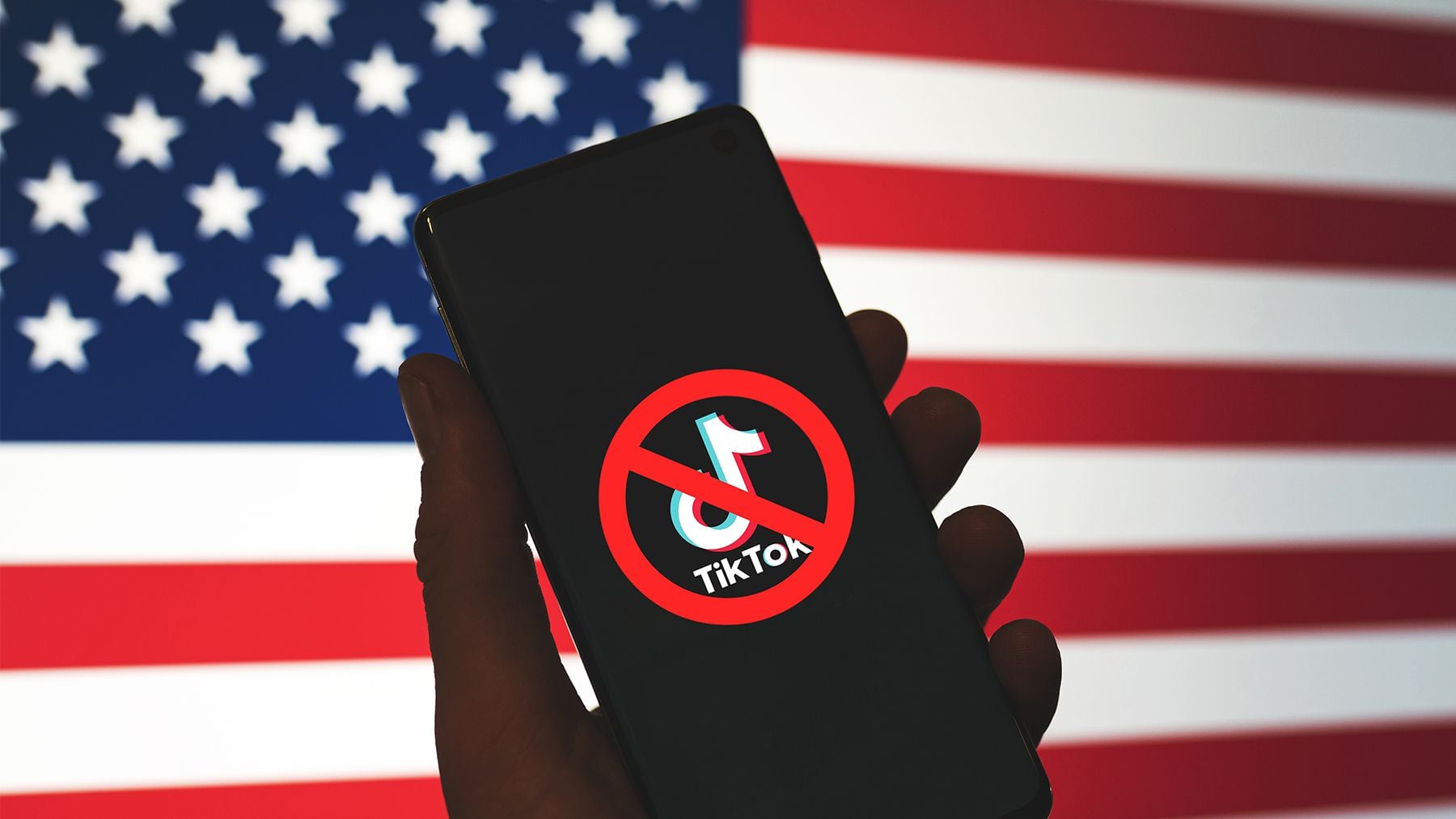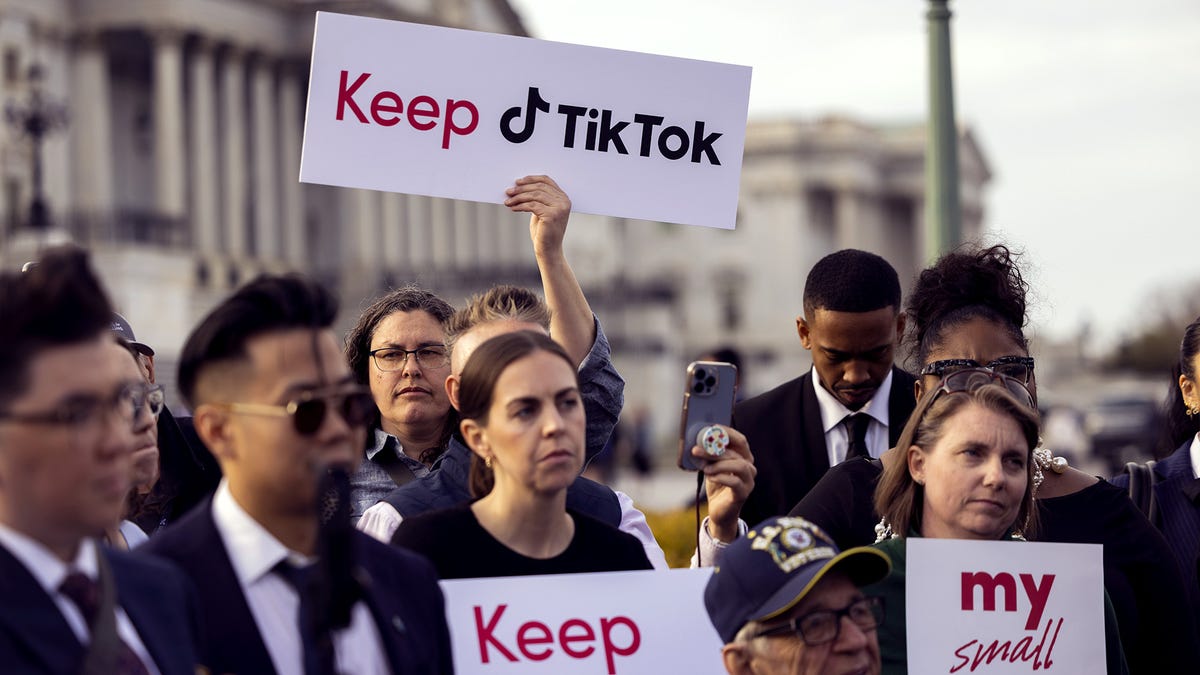The Battle for Algorithm Supremacy: Unraveling the Mystery Behind the TikTok Ban
In the ever-evolving landscape of social media, the rise of TikTok has sent shockwaves throughout the online community. With its addictive algorithm and short-form video format, the platform has captivated users of all ages. However, amidst its meteoric rise, TikTok has faced scrutiny from several quarters, including government agencies and lawmakers. One of the most contentious issues surrounding TikTok is the alleged ban imposed on the platform by several countries, sparking a heated debate about censorship, free speech, and national security.
The controversy surrounding TikTok began to gain traction in 2020, when the US government launched an investigation into the Chinese-owned social media giant. The investigation, led by the Committee on Foreign Investment in the United States (CFIUS), aimed to assess the potential national security risks posed by ByteDance, the parent company of TikTok. As part of its inquiry, CFIUS examined the role of TikTok in the US market, focusing on issues such as data collection, content moderation, and potential ties to the Chinese government.
At the heart of the controversy lies the question of who started the TikTok ban. Was it the US government, or was it a coordinated effort by multiple countries? To unravel the mystery, we need to delve into the history of the US-China relations, the role of social media in the geopolitics of the 21st century, and the complex regulatory landscape surrounding TikTok.
The Rise of TikTok and the Concerns of the US Government
TikTok's rise to prominence began in 2016, when ByteDance acquired Musical.ly, a social media app popular among teenagers. The acquisition marked the beginning of a strategic push by ByteDance to expand its reach in the US market. However, this move also raised concerns among US lawmakers, who perceived the acquisition as a threat to national security.
Concerns about Data Collection and Facial Recognition
One of the primary concerns surrounding TikTok is its data collection practices. The app has been accused of collecting user data, including facial recognition features, without explicit consent. This has raised fears among US lawmakers, who see TikTok's data collection practices as a potential vulnerability for Chinese espionage.
Several US lawmakers, including Senator Marco Rubio and Representative Eric Swalmee, have called for greater transparency from TikTok regarding its data collection practices. In a statement, Senator Rubio noted that "TikTok's algorithm appears to be specifically designed to harvest user data, including biometric data, and share it with the Chinese government."
The Role of the Committee on Foreign Investment in the United States
The Committee on Foreign Investment in the United States (CFIUS) is a government agency responsible for reviewing foreign investments in US companies. In the case of TikTok, CFIUS was formed to assess the potential national security risks posed by ByteDance's acquisition of Musical.ly.
Key Points to Consider
- The CFIUS investigation into TikTok was launched in 2020, following concerns about the platform's data collection practices.
- The investigation examined the role of TikTok in the US market, focusing on issues such as content moderation and potential ties to the Chinese government.
- Several US lawmakers have called for greater transparency from TikTok regarding its data collection practices.
The Chinese Government's Response to the CFIUS Investigation
The Chinese government has responded to the CFIUS investigation with a mix of denial and defensiveness. In a statement, a spokesperson for the Chinese Ministry of Commerce noted that "TikTok is a patriotic application that is beneficial to the development of the Chinese economy and society."
Allegations of Censorship and Free Speech
The Chinese government has also been accused of censoring content on TikTok, particularly when it comes to sensitive topics such as Hong Kong protests and Tibetan independence. This has raised concerns among human rights groups, who see the censorship as a threat to free speech.
Key Points to Consider
- The Chinese government has denied allegations of censorship on TikTok, claiming that the platform is a patriotic application.
- Human rights groups have accused the Chinese government of censoring content on TikTok, particularly when it comes to sensitive topics.
- The censorship has raised concerns about the impact on free speech and the development of the Chinese economy.
The Impact of the Controversy on TikTok's Growth
The controversy surrounding TikTok has had a significant impact on the platform's growth, particularly in the US market. Several US lawmakers have called for a ban on TikTok, citing concerns about national security and censorship.
The Impact on TikTok's Valuation
The controversy has also had a negative impact on TikTok's valuation. In a statement, a spokesperson for ByteDance noted that "the ongoing US-China trade tensions and the increasing scrutiny of TikTok have negatively impacted our business and affected our revenue."
Key Points to Consider
- The controversy surrounding TikTok has had a negative impact on the platform's growth, particularly in the US market.
- Several US lawmakers have called for a ban on TikTok, citing concerns about national security and censorship.
- The controversy has also had a negative impact on TikTok's valuation.
The Future of TikTok and the US-China Relations
The controversy surrounding TikTok is likely to continue in the coming months, as the US-China relations remain a contentious issue. However, the future of TikTok is uncertain, particularly in the US market.
The Potential for a Ban
A ban on TikTok is a possibility, particularly if the US government continues to scrutinize the platform's data collection practices. In a statement, a spokesperson for the US Department of Commerce noted that "the US government will continue to monitor TikTok's activities and assess the potential risks to national security."
Key Points to Consider
- The future of TikTok is uncertain, particularly in the US
Katy Lane Newcombe
Katiana Kay Age
Google Places Local Rank Tracker
Article Recommendations
- Brad Pitt Height In Feet
- Yelena Bivol
- Twitter Nsfw
- Nyannie
- Joshua Hammond Wrestling
- Paige Vanzant
- Is Holly Rowe Married
- Massad Boulos Net Worth
- Does Kai Madison Trump Have Apeech Impediment
- Jacqui Heinrich Husband


:max_bytes(150000):strip_icc():focal(659x665:661x667)/tiktok-hearing-032423-07356bbecdbf427da842219f1e0ffb78.jpg)
